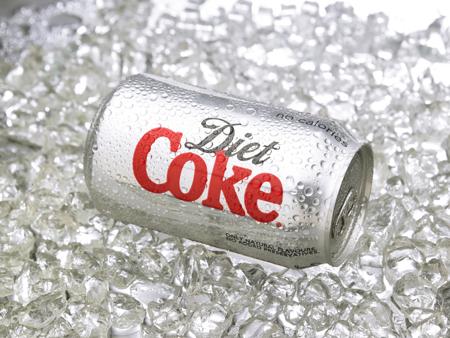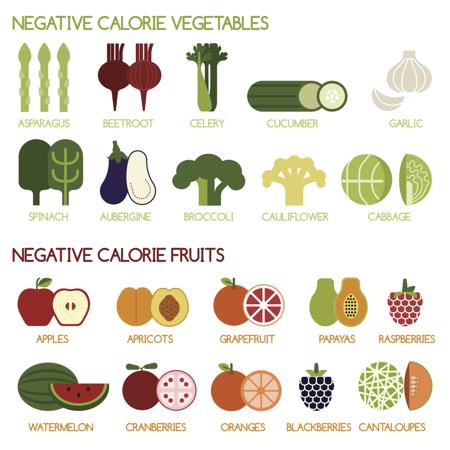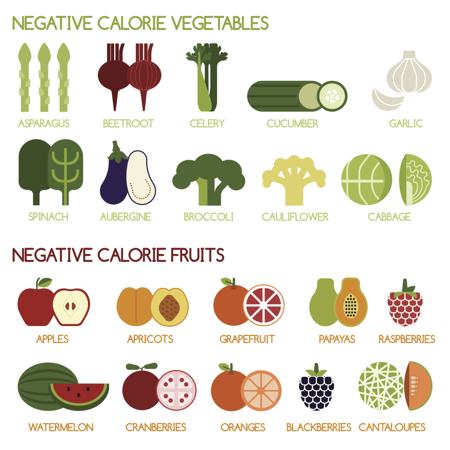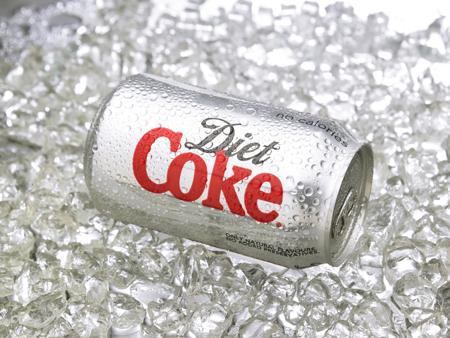How Much Sodium Should You
* Recommended daily intake: 2,300 milligrams (mg)
* Maximum daily intake: 2,300 mg
Children
* Recommended daily intake: 1,900 to 2,200 mg, depending on age
* Maximum daily intake: 2,300 mg
Infants
* Recommended daily intake: 1,000 mg for infants up to 6 months old and 1,500 mg for infants 7 to 12 months old.
However, some people may need to consume even less sodium than the recommended amounts, including:
* People with high blood pressure
* People with heart disease
* People with kidney disease
* People over the age of 51
* African Americans
* People with diabetes
If you have any of these conditions, talk to your doctor about the best sodium intake for you.
You can reduce your sodium intake by:
* Choosing fresh fruits, vegetables, and whole grains over processed foods
* Checking the nutrition facts labels of foods and choosing reduced-sodium or low-sodium options
* Avoiding adding salt to your food at the table or when cooking
* Using herbs, spices, and other salt-free flavorings to add taste to your food
* Limiting your intake of salty snacks, such as chips, pretzels, and nuts
* Drinking plenty of water to help flush excess sodium from your body
-
Low Calorie Food List
An often followed or advised general guideline is to lose 1lb/week. 1
-
1400 Calorie Diet
1400 calorie diet is one of the most effective techniques to lose weig
-
High Protein Low Calorie Foods
Protein, which is made up of amino acids, is a must in weight loss and
-
Low Calorie Fast Food Choices
If you have vowed to eat healthy and consume a low calorie diet, then
-
1000 Calorie Diet for Weight Loss
Some diets involve purely healthy eating, while others require you to
-
500-calorie-a-day Diet
Obesity is increasing in America at an alarming rate. Almost 60 millio



